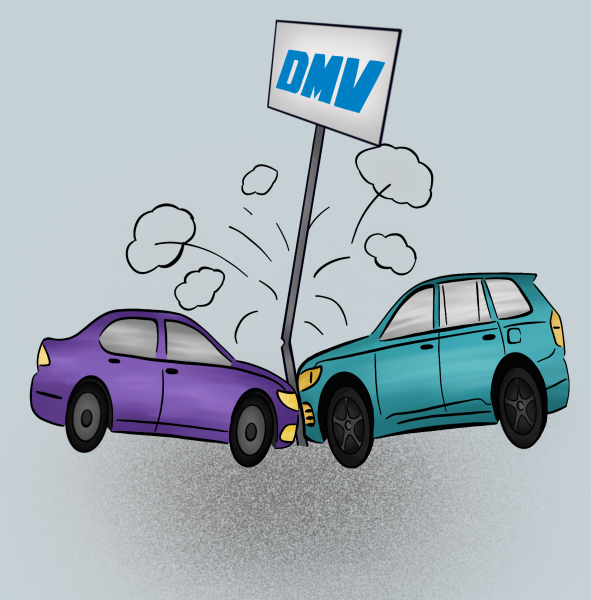Knowledge Cures Prejudice
October 19, 2015
The Supreme Court legalized gay marriage in the U.S. on June 26, 2015, but there is still a long way to go.
I wandered into Barnes and Noble to get a few new books on Friday after school. Being human, I needed to stop in the restroom. When I opened the door to the “women’s” room I was startled to find a man inside. I glanced up at the bathroom sign to make sure I opened the right door.
The man watched me, then sighed and said that I was in the correct bathroom.
I realized my mistake. This person was transgender and I had made him feel self-conscious. By the look on her face, its something that must happen often for “her.”
I tried to recover. I wanted to change the look of dispart that hung on her face. I asked how she was and she responded with a simple “good.” She also explained that she was holding her girlfriend’s Starbucks drink. She asked me how my life was and I said, “high school.”
She laughed and told me she understood.
Just prior to my experience in Barnes and Noble, I had witnessed two girls kiss and hold hands in Starbucks. I noticed other observers give each other “the look.” While nothing was said, the disapproval was evident. It was evident to me and it was evident to the two girls.
Americans are often quick to point out that their country is founded on principles of equality. So why are gay, transgender, or bisexual people made to feel they are not welcome?
Recently, my father told me about a transgender man he met who would actually take off his shoes and turn them around when going to the bathroom in a stall so that when sitting down, it looked like he was standing up. This is hardly behavior one would expect in a free society.
It had not occurred to me until I learned about it in my AP European History class, but being gay, transgender, or bisexual is nothing new. And neither is the discrimination against them.
It is a response to ignorance. People fear what they don’t understand. My advice: If you don’t understand, ask. For example, rather than feeling awkward and uncertain about which pronoun to use with a transgender person, ask “him” or “her” which “he” or “she” would prefer. Your uncomfortable moment of inquiry will prove to be a powerful antidote.
We are all people. At the end of the day, what matters is that everyone has the same opportunity to feel comfortable and accepted. This judgment, fueled by ignorance, inflicted on the LGBT community makes it difficult for for all.
I don’t believe in world peace. There will always be disagreements and there will always be bad people in this world. But I do believe in a world where acceptance allows all people to be happy, and where everyone is treated with respect.



